Top 7 Health Benefits of Glycine
Glycine is an amino acid that your body utilizes to make proteins, which are required for tissue growth and maintenance as well as the production of vital ... read more...chemicals such as hormones and enzymes. It is naturally produced by the body from other amino acids, and it also offers various health advantages in addition to being a protein component. Here are the greatest glycine health benefits.
-
Glycine is also one of three amino acids used by your body to produce creatine. Creatine gives your muscles the energy they need to undertake rapid, brief bursts of exercise like weightlifting and running. Creatine supplementation has been demonstrated to boost muscular growth, strength, and power when paired with resistance exercise.
It has also been examined for its potential to improve bone health, brain function, and neurological disorders such as Parkinson's and Alzheimer's. While your body produces creatine naturally and may be supplied through diet, consuming too little glycine may limit how much you make.
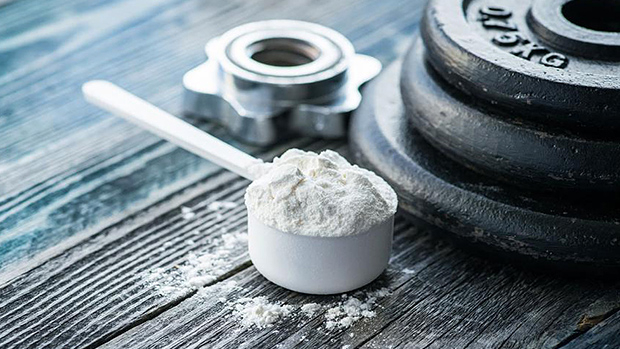
A Component of Creatine 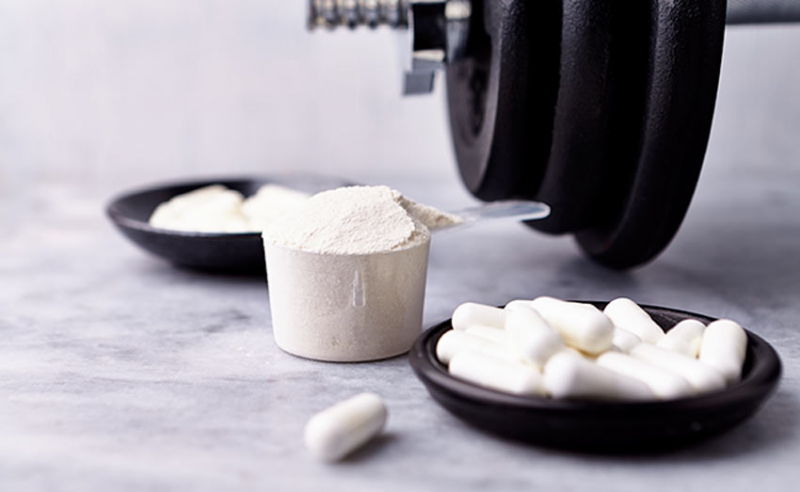
A Component of Creatine -
Many people have difficulty getting or staying asleep, making it difficult to get a decent night's sleep. While there are various strategies to enhance your sleep quality, such as limiting caffeinated beverages late in the day and avoiding bright displays a few hours before night, glycine may also be beneficial. This amino acid has a soothing impact on the brain and may aid in falling and staying asleep by reducing core body temperature.
Taking 3 grams of glycine before bed reduces the time it takes to fall asleep, improves sleep quality, reduces daytime drowsiness, and improves cognition in persons with sleep problems. As a result, glycine may be an excellent alternative to prescription sleeping medications for increasing sleep quality at night and daytime weariness.

May Improve Sleep Quality 
May Improve Sleep Quality -
Too much alcohol may be harmful to your health, particularly your liver. Surprisingly, research reveals that glycine may help to minimize the negative effects of alcohol on your liver by avoiding inflammation. It has been demonstrated to lower alcohol concentrations in the blood of alcohol-fed rats by increasing alcohol metabolism in the stomach rather than the liver, preventing the development of fatty liver and alcoholic cirrhosis.
Furthermore, in animals, glycine may help restore liver damage induced by heavy alcohol use. While abstaining from alcohol can repair modest alcohol-induced liver damage, glycine may enhance the healing process. In a study of rats with alcohol-induced liver impairment, a group fed a glycine-containing diet for two weeks recovered to baseline 30% quicker than a control group. Despite encouraging results, research on the benefits of glycine on alcohol-induced liver injury has been restricted to animals and cannot be extrapolated to humans.

May Protect Your Liver From Alcohol-Induced Damage 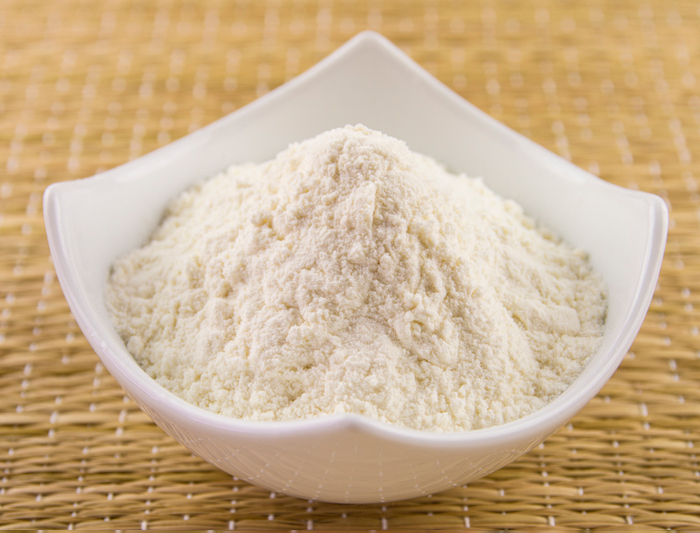
May Protect Your Liver From Alcohol-Induced Damage -
Glycine appears to protect against heart disease, according to growing data. It inhibits the buildup of a chemical that has been related to atherosclerosis, or the hardening and constriction of the arteries, in high concentrations. This amino acid may also boost your body's capacity to utilize nitric oxide, a critical chemical that increases blood flow and decreases blood pressure. Higher levels of glycine were related to a decreased incidence of heart disease and heart attacks in an observational study of over 4,100 persons with chest symptoms after a 7.4-year follow-up. After controlling for cholesterol-lowering drugs, the researchers discovered that persons with greater glycine levels had a better blood cholesterol profile.
Furthermore, in rats fed a high-sugar diet, glycine was found to diminish various risk factors for heart disease. Consuming too much added sugar can raise blood pressure, increase fat levels in the blood, and encourage harmful fat accumulation around the abdomen, all of which can lead to heart disease. While promising, more research on the effects of glycine on heart disease risk in people is required before it can be advised.
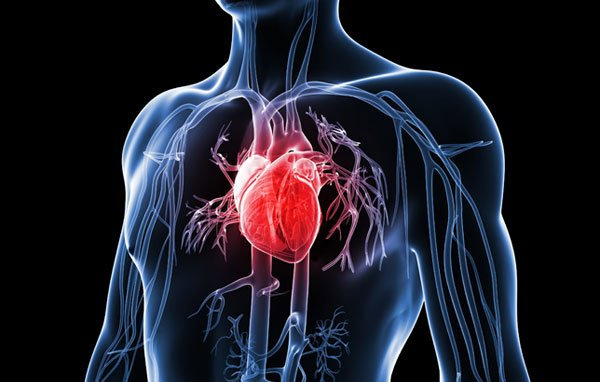
May Protect Your Heart 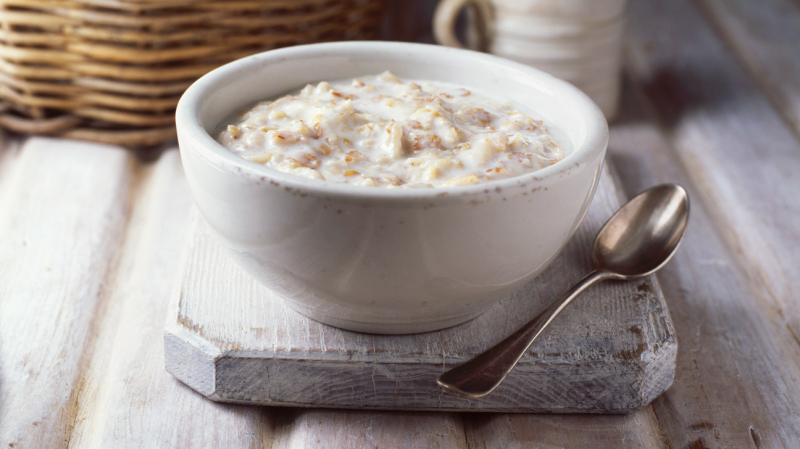
May Protect Your Heart -
Glycine deficiency may result from type 2 diabetes. It's a disease marked by impaired insulin secretion and action, which means your body either doesn't generate enough insulin or doesn't respond effectively to the insulin it does produce. Insulin lowers blood sugar levels by signaling its transport into cells for energy or storage. Interestingly, because glycine has been proven to enhance insulin responsiveness in persons who do not have diabetes, it has been proposed that glycine supplements may improve impaired insulin response in people who have type 2 diabetes.
Even after controlling for other risk factors for type 2 diabetes, such as lifestyle, higher glycine levels are associated with a lower incidence of the illness. As a result, persons with type 2 diabetes may benefit from glycine supplementation, while information is insufficient to offer particular recommendations. If you have type 2 diabetes, the greatest strategy to lower insulin resistance is to lose weight via diet and exercise.
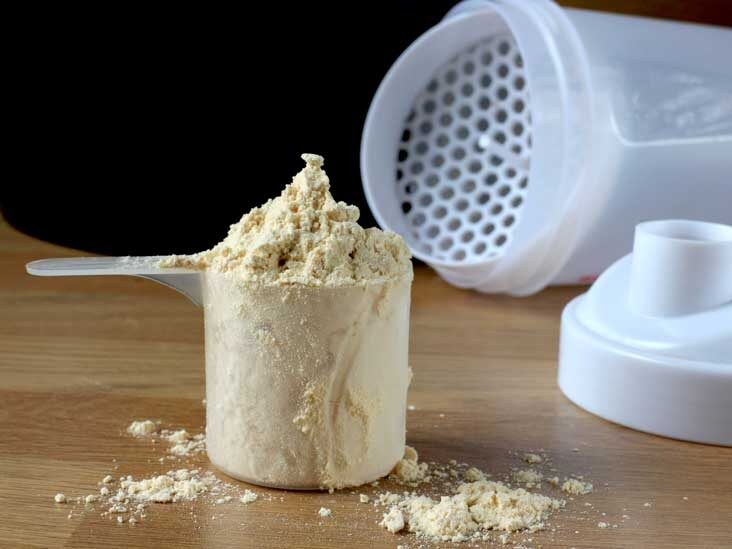
May Aid People With Type 2 Diabetes 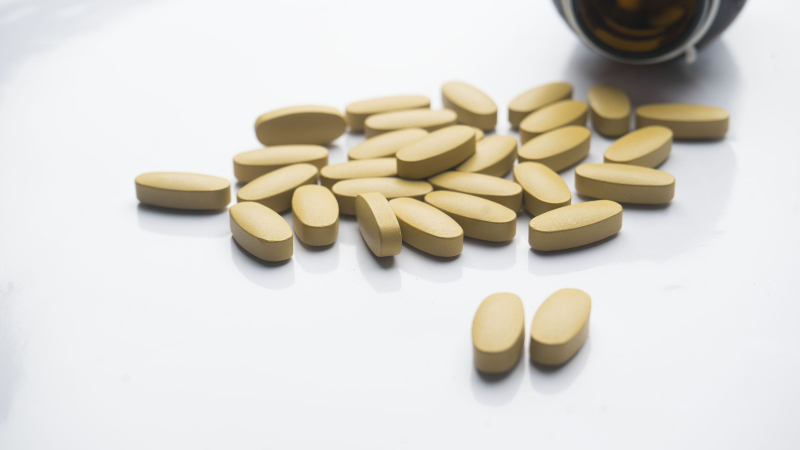
May Aid People With Type 2 Diabetes -
Glycine may help to prevent muscle wasting, which happens with age, malnutrition, and when your body is under stress, such as with cancer or severe burns. Muscular wasting causes a damaging loss of muscle mass and strength, lowering functional status and complicating other potentially existing disorders. Because it substantially inhibits muscle breakdown and increases muscle growth, the amino acid leucine has been explored as a therapy for muscle wasting. However, various physiological changes that occur during muscle atrophy reduce the efficiency of leucine in inducing muscle development.
Interestingly, research has revealed that glycine may increase muscle development in animals with muscle wasting disorders such as cancer, although leucine cannot. As a result, glycine has the potential to improve health by preserving muscles from wasting throughout various wasting diseases.
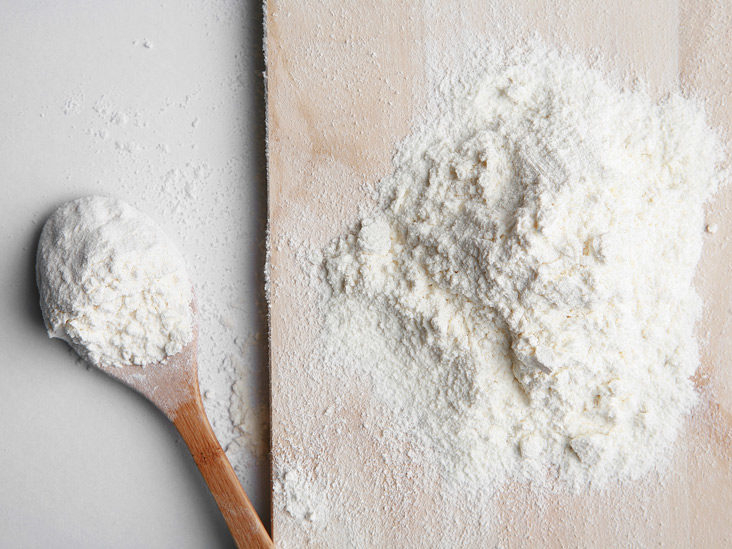
May Protect Against Muscle Loss 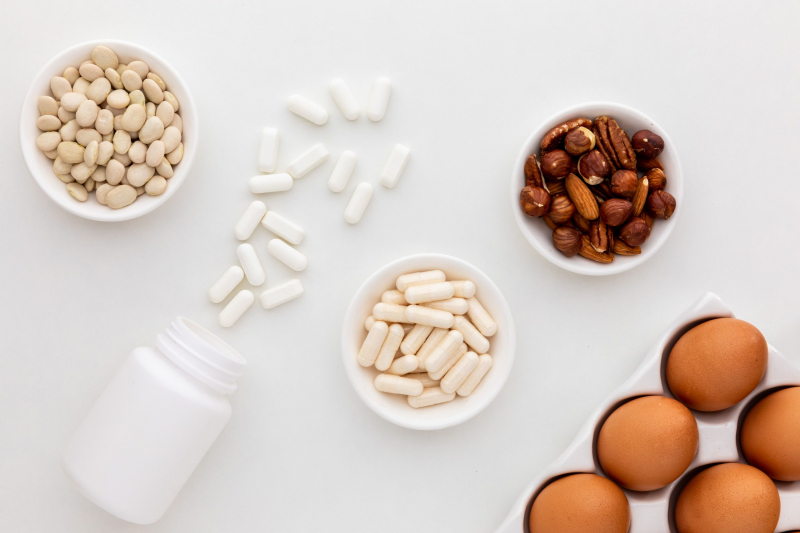
May Protect Against Muscle Loss -
Glycine is one of three amino acids utilized by your body to produce glutathione, a potent antioxidant that protects your cells from oxidative damage produced by free radicals, which is considered to be the root cause of many illnesses. When you don't get enough glycine, your body creates less glutathione, which can have a detrimental impact on how your body manages oxidative stress over time. Furthermore, because glutathione levels normally fall with age, getting enough glycine as you age may help your health.
Collagen is a structural protein that is rich in glycine. In fact, glycine is found in every third to fourth amino acid in collagen. Collagen is your body's most prevalent protein. It gives your muscles, skin, cartilage, blood, bones, and ligaments strength. Collagen supplementation has been demonstrated to improve skin health, reduce joint discomfort, and prevent bone loss. As a result, it's critical that you eat enough glycine to help your body produce collagen.
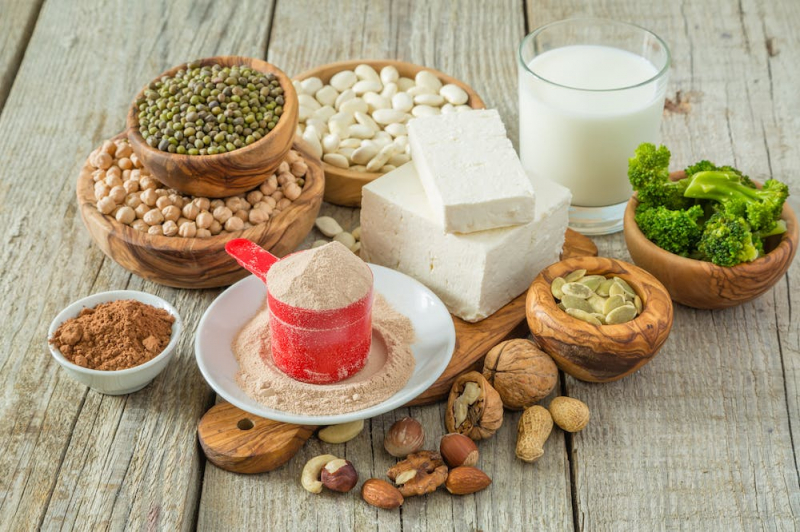
Produce a Powerful Antioxidant 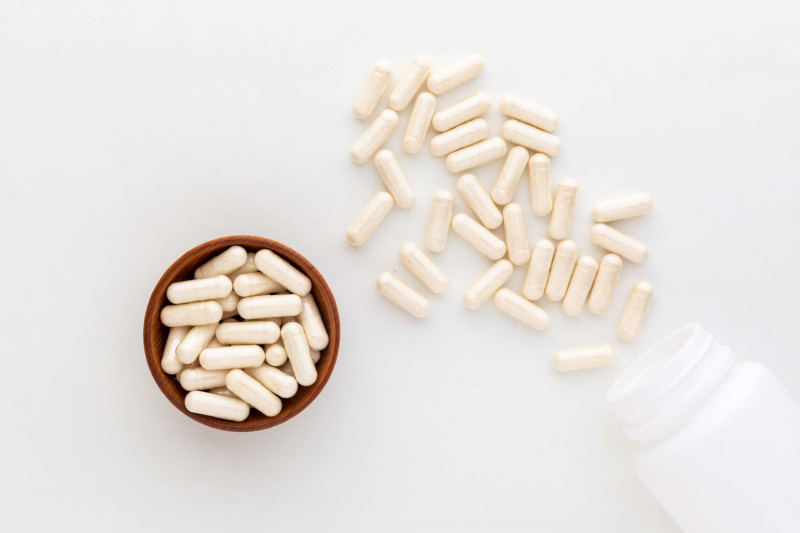
Produce a Powerful Antioxidant




























